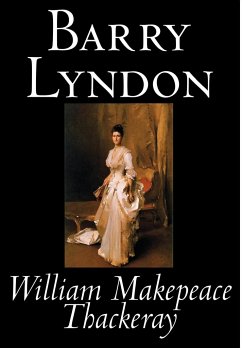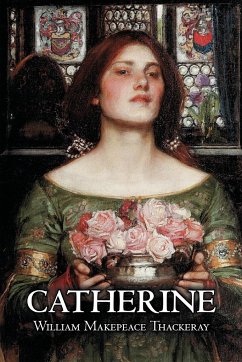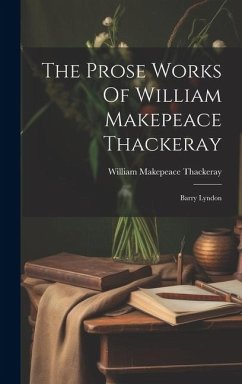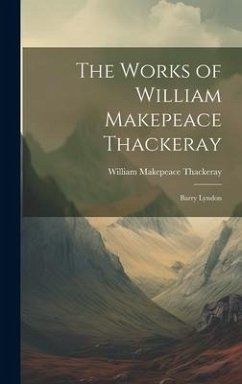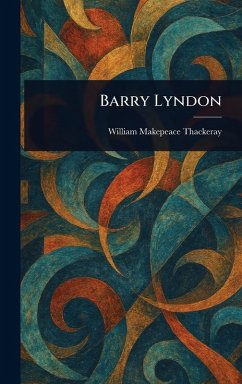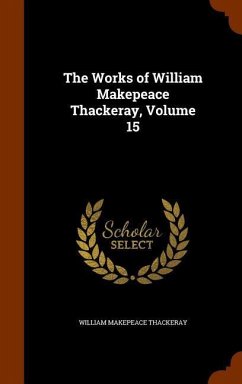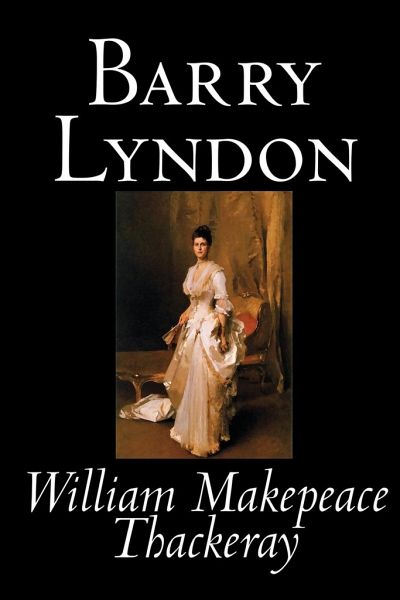
Barry Lyndon by William Makepeace Thackeray, Fiction, Classics

PAYBACK Punkte
11 °P sammeln!
BARRY LYNDON was to be hailed by competent critics as one of Thackeray's finest performances, though the author himself seems to have had no strong regard for the story. His daughter has recorded, "My father once said to me when I was a girl: 'You needn't read Barry Lyndon, you won't like it.' Indeed, it is scarcely a book to like, but one to admire and to wonder at for its consummate power and mastery." Mr. Leslie Stephen says: "All later critics have recognized in this book one of his most powerful performances. In directness and vigor he never surpassed it." Anthony Trollope, has said of it...
BARRY LYNDON was to be hailed by competent critics as one of Thackeray's finest performances, though the author himself seems to have had no strong regard for the story. His daughter has recorded, "My father once said to me when I was a girl: 'You needn't read Barry Lyndon, you won't like it.' Indeed, it is scarcely a book to like, but one to admire and to wonder at for its consummate power and mastery." Mr. Leslie Stephen says: "All later critics have recognized in this book one of his most powerful performances. In directness and vigor he never surpassed it." Anthony Trollope, has said of it: "In imagination, language, construction, and general literary capacity, Thackeray never did anything more remarkable than BARRY LYNDON."



